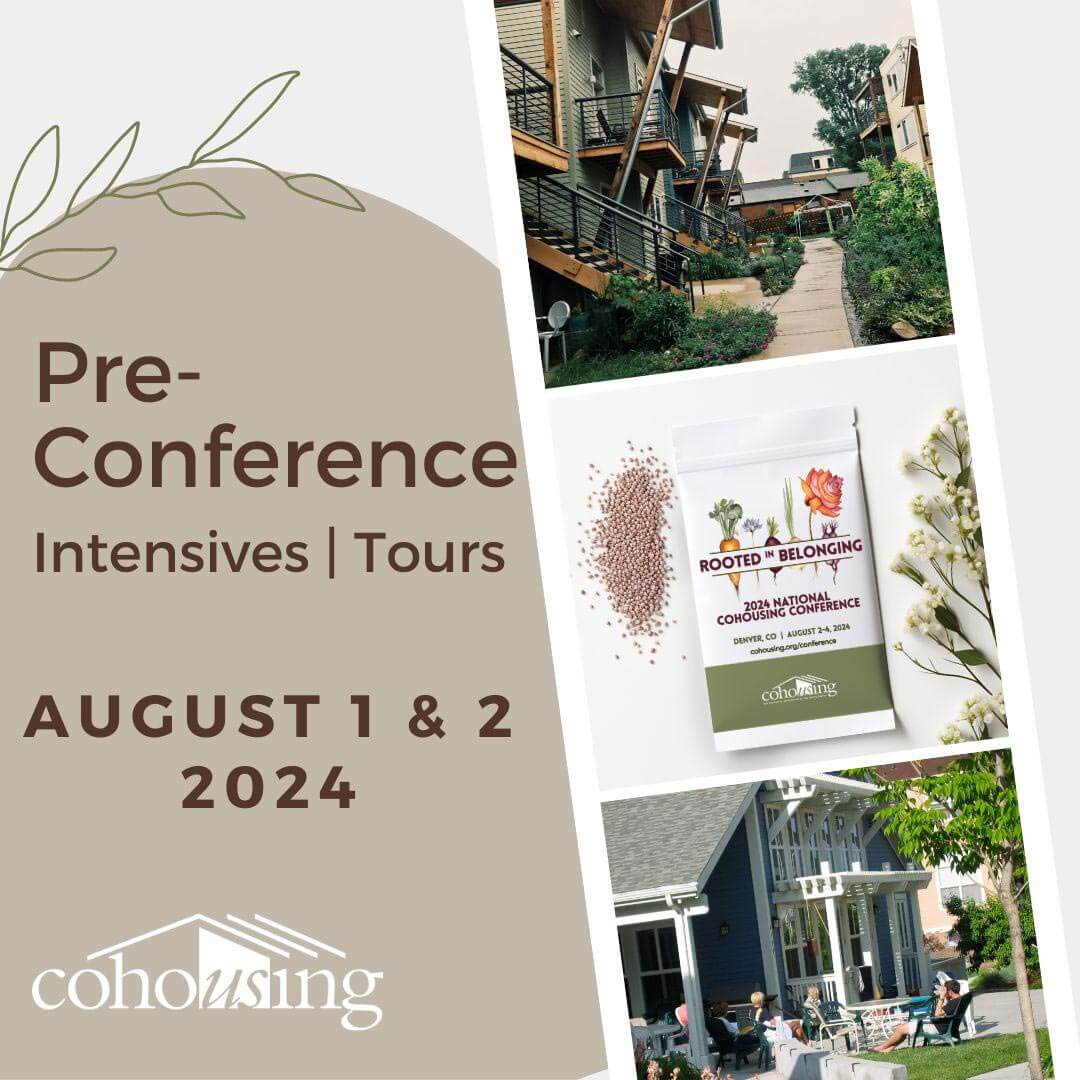Description
The first portion of our program will be primarily Diane Craig reprising her highly successful presentation from National CoHo’s Madison ’22 on how to plan an annual operating budget by involving committees and members in tying short and long term goals to real budget line item numbers. I will follow this session by talking about how to estimate future revenue sources and expenditures based on inflation and historical spending levels. Another topic will include looking at current debt service from construction borrowing and alternative revenue sources such as special fees for parking, storage spaces and guest room rentals. Next we will discuss how to set up a capital reserve fund to cover long term infrastructure replacement or large community projects such as play equipment, solar panels, heat pumps, etc. Other topics that will be discussed are risk management issues, special assessments, and municipal utility charges that can produce pressure on low-moderate community members. Both Diane and I will have handouts from our respective communities detailing past operating and capital budgets. We have both been Budget coordinators for our community and Diane is currently treasurer and board member for her co-ho.
Objectives
Those that complete this course will have the skills to lead their communities’ finance committees and annual budget process, and will be able to identify the major sources of revenues and expenditures to more competently control expected and unexpected financial challenges over the long term. They will receive practical examples of two operating budgets from co-hos in Florida and Wisconsin. They will also receive a glossary of common budgeting and financial terms, as well as tips on how to avoid pitfalls when securing loans, signing service/maintenance contracts, and procuring insurance coverage for their properties. While state laws may vary somewhat by state, many states require that a balanced operating budget be submitted and approved by the membership before the start of each fiscal year. Laws also require that each condominium association maintain a positive balance in its general fund and address any shortfall in its cashflow by the end of the FY in order to be current in its bill paying. this session will create more fiscal watchdogs who can monitor the health of their organization’s finances.
Speaker: Dan Elsass
Former City Manager/Finance Director, Wisconsin and Illinois, Taught Budgeting and Government Finance, University of Wisconsin System. Co-Treasurer and Budget Coordinator for three years at Arboretum Co-Housing, a 40 unit operation with reserves of $600,000 in capital reserves.



